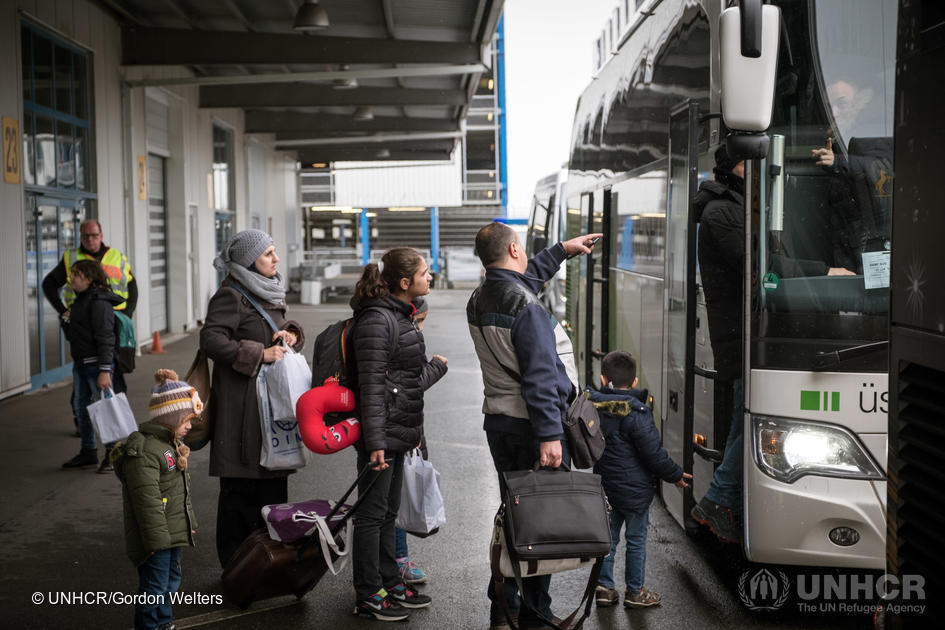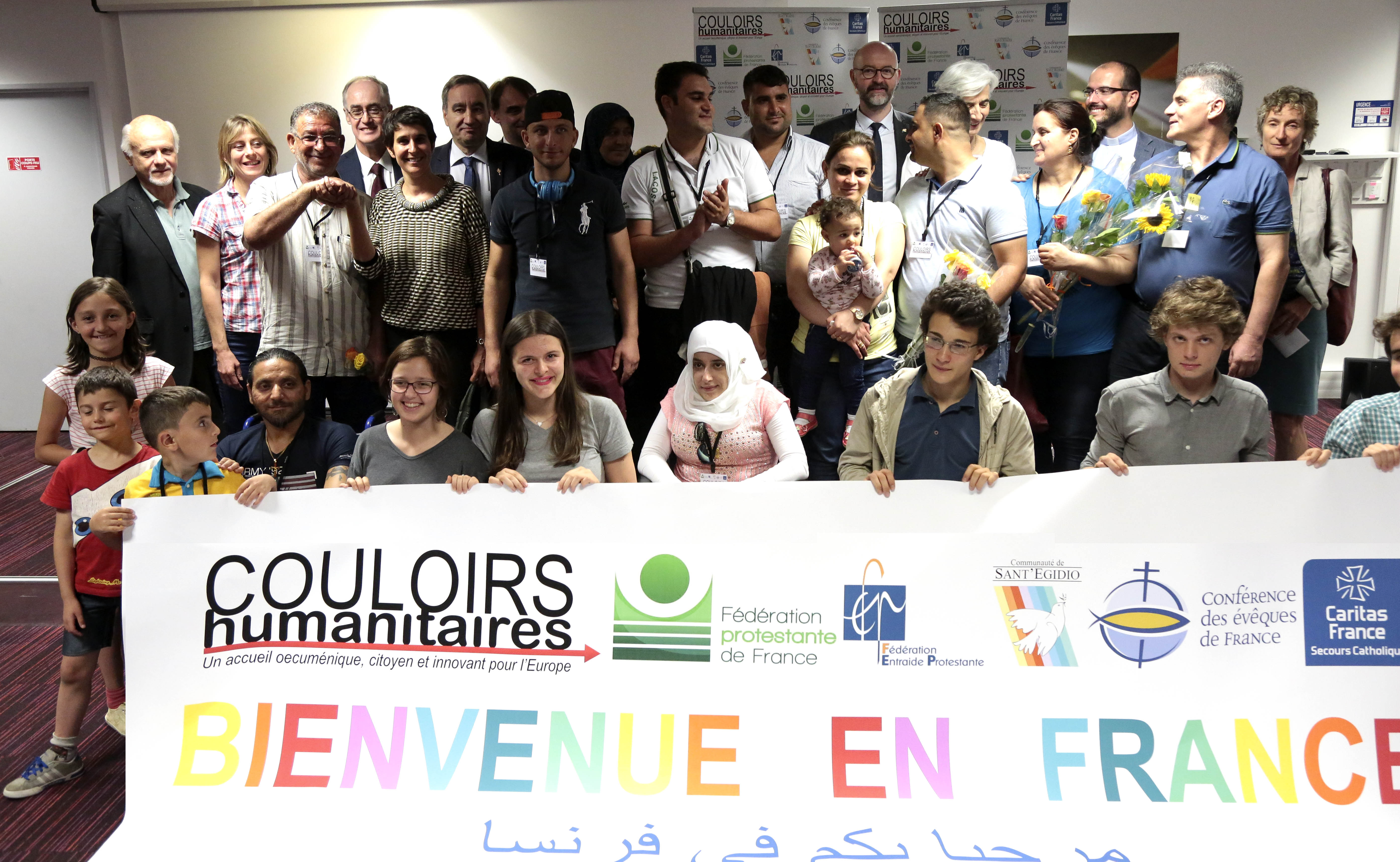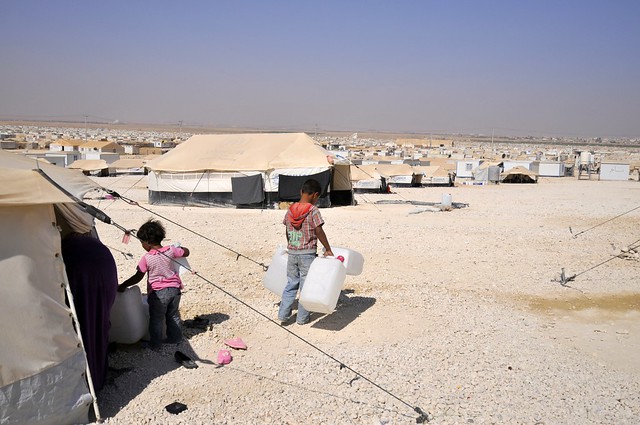Legal pathways for refugees to Europe: developments and challenges
In 2014, the Juncker Commission made the implementation of legal migration channels for people in need of protection a priority. Five years later, the replacement of irregular and dangerous migration channels by legal and secure pathways to Europe is becoming increasingly pressing. Currently insufficiently exploited, their development is one of the main challenges with regards to migration policy for the new European Commission and Parliament.
Decryption
How effective are existing complementary pathways for meeting protection needs?
At a time when UNHCR estimates that 1.4 million people are in need of resettlement worldwide, and given the dangerous migration routes, particularly to the European continent, legal pathways to the European Union appear as a way to meet the many protection needs.
Read moreDécouvrez nos articles

News
Towards a European Union Resettlement Framework?
In response to ever-increasing needs and in order to harmonise Member States’ resettlement procedures, the European Union is seeking to adopt a legal framework in this area. Still under negotiations, the text has raised some concerns.
+
News
Community based sponsorship programmes in Europe: what next?
"Since 2013, complementary pathways of admission for refugees - in particular community sponsorship programmes - have emerged in Europe as a direct response to the worsening conflict in Syria. This phenomenon reflects the increasing desire of European civil society actors to directly engage in admitting and welcoming refugees into their local communities."
+

News
"Humanitarian Corridors guarantee a global, non-technical and humane approach"
Implemented by several faith-based organisations, humanitarian corridors have enabled thousands of people seeking protection to reach Europe. Discussion with Valérie Régnier, the representative of the Community of Sant’Egidio in France, which implement these programmes in several countries.
+

News
Growing protection needs: UNHCR unveils its global strategy on resettlement and complementary pathways for refugees
In order to distribute more equitably the responsibility for the reception and support of refugees, UNHCR has presented a new Tree-Year Strategy on Resettlement and Complementary Pathways. The organization plans that by 2028, 3 million refugees will be able to benefit from these legal pathways
+
News
"If countries saw benefits for themselves in terms of employment, they would probably engage in forms of resettlement or complementary pathways "
Martin Wagner, Asylum Programme Manager for the International Centre for Migration Policy Development (ICMPD) talks about the challenges of developing skills and qualifications based pathways for refugees, which are among the most under-exploited and difficult to access to legally reach Europe.
+
